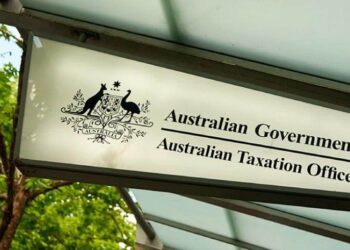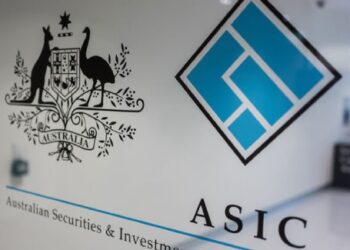While Australians are feeling increasingly confident about their retirement, concerns remain, according to an investment manager.
Australians, overall, are now feeling more confident in their ability to retire, new data from MFS Investment Management has shown.
At the same time, three-quarters of super fund members agreed they needed to save more than planned.
In its latest global retirement survey, which interviewed more than 700 Australian retirement plan members and 300 retirees, MFS found that half of Australians contributing to their super claimed that saving enough money was a “major financial concern”.
According to MFS, it was also a factor that would end up leading one in four to change their retirement investments over the last year.
However, the number of Australians who no longer expect to retire significantly dropped, from 40 per cent in 2023 to 28 per cent.
While this showed a marked improvement in retirement confidence, the investment manager said that only 23 per cent were very sure they’d be able to retire at the age they wanted, down from 26 per cent in 2023.
“Looking ahead 12 months, 49 per cent of Australians said managing day-to-day financial obligations was their top concern, far more so than their global peers, which affirms that costs of living in Australia are being felt acutely, heading into 2025,” the firm said.
Accessibility to advice remains a concern
Confidence was higher among retirees drawing down on their super, according to MFS, with 38 per cent “very confident” that their saved assets would provide sufficient cash flow through retirement.
While the Australian government has recently announced a raft of measures aimed at improving the quality of and access to advice, the investment manager said that initial movements among superannuation funds to provide limited advice appeared to be well-received.
Namely, 55 per cent of all super contributors relied on information supplied by their super funds to make retirement decisions, followed by financial media (31 per cent), a family member (30 per cent), and a financial adviser (29 per cent).
“Australian Millennials are most likely to turn to their super fund for advice, as well as use financial media. Almost one in five local Gen Xers said they don’t use any resources for financial advice,” MFS said.
Commenting on the findings, Josh Barton, managing director and head of Australia and New Zealand, said: ‘It is concerning to see in our survey results how few Australians rely on financial advice to manage their financial affairs.
“While it is encouraging to see the government trying to address this blind spot and enable more advice to be provided within superannuation, there is clearly much work to do, and clarification needed.”
Barton said that, in the meantime, critical understanding gaps are likely to persist.
“While more retirement plans appear to be within reach, advice remains key to achieving it, even more so today given investment markets have become increasingly complex and difficult to navigate,” he said.




